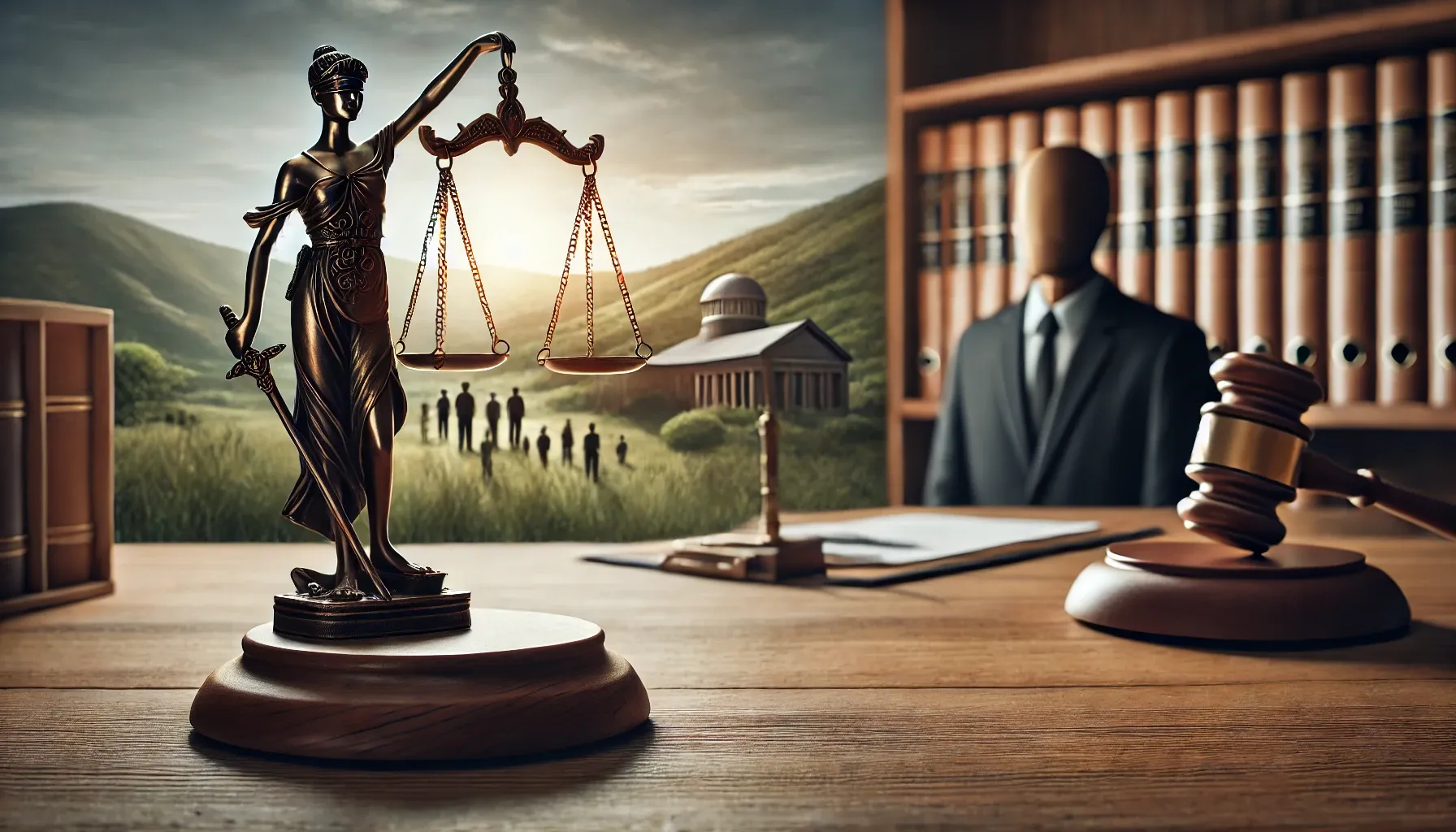The Supreme Court of India ruled that lumpsum compensation may be a better remedy than reinstatement with back wages, while condemning employer misrepresentation in an industrial dispute case.

In a significant ruling, the Supreme Court held that in cases of wrongful dismissal, awarding lumpsum compensationmay be more appropriate than reinstatement with back wages. The Bench of Justices Dipankar Datta and Sandeep Mehta stated that courts must justify their approach, considering the interests of both the employee and the employer.
The case involved a dismissed driver seeking back wages, while his employer, the Maharashtra State Road Transport Corporation, presented contradictory claims in different courts. The Supreme Court found the employer guilty of misrepresentation, relying on precedents, including Deepali Gundu Surwase v. Kranti Junior Adhyapak Mahavidyalaya (2013) 10 SCC 324. The ruling clarifies the discretionary power of courts under the Industrial Disputes Act.
Lumpsum Compensation vs. Back Wages
- Courts should not automatically award back wages after dismissal.
- Instead, they must evaluate whether the employee was gainfully employed after termination.
- The judgment states:
- "If the employee admits of any gainful employment and gives particulars of the employment together with details of the emoluments received, or, if the employee asserts by pleading that he was not gainfully employed but the employer pleads and proves otherwise, the quantum of back wages that ought to be awarded on reinstatement is really in the realm of discretion of the court."
Case Background and Contradictions in Employer’s Statements
- A driver was dismissed after a disciplinary inquiry found him guilty of rash and negligent driving.
- The Labour Court upheld the dismissal, ruling the inquiry was fair.
- Meanwhile, victims of the accident filed a case with the Motor Accidents Claims Tribunal (MACT).
- Before the Labour Court, the employer blamed the driver for the accident.
- Before the MACT, the employer argued that a lorry driver was responsible.
- The MACT ruled that the lorry driver was at fault, contradicting the employer’s previous claim.
Employer Guilty of False Representation
- The Supreme Court found the employer guilty of misrepresentation by making contradictory claims in different courts.
- It ruled:
- “The Corporation indulged in the misadventure of suggestio falsi and suppresio veri.”
- “The contradictory nature of the stances taken before the Labour Court and the MACT reeks of the Corporation trying to approbate and reprobate on the same issue.”
Burden of Proof in Back Wage Cases
- The court referred to Section 17-B of the Industrial Disputes Act, stating that:
- "After the employee pleads non-employment, if the employer claims he was gainfully employed, the burden of proof shifts to the employer."
- It reaffirmed that while full back wages are the normal rule, an exception must be well-established by the employer.
Final Verdict: Partial Back Wages & Terminal Benefits
- The Supreme Court modified the order that initially granted 100% back wages.
- The driver was awarded 75% back wages from termination until superannuation.
- He was also entitled to full terminal benefits.
Case Title: MAHARASHTRA STATE ROAD TRANSPORT CORPORATION v. MAHADEO KRISHNA NAIK
Attachment:





